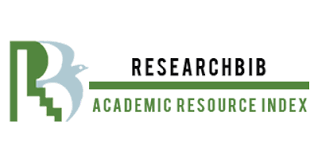CONCEPT AND USAGE OF EPITHET IN ENGLISH AND UZBEK LITERATURE
Keywords:
Epithet, literature, English, Uzbek, comparative analysis, cultural nuances, linguistic peculiarities, descriptive embellishmentAbstract
This article explores the concept and usage of epithet in both English and Uzbek literature, shedding light on the significance of this literary device in enhancing the aesthetic value of the written word. Epithet, a tool used to describe a person, object, or idea with a quality or attribute that is closely associated with it, plays a crucial role in capturing the essence of a subject and evoking vivid imagery in the minds of readers.
References
Abduvali Qutbiddin, Tanlangan she’rlar.
Burkert, W. The Orientalizing Revolution: Near Eastern Influence on Greek Culture of the Early Archaic Age, 1992, p.116.
Homer, The Iliad, trans. A. Verity (2012), Oxford, Oxford University Press.
Holub, J., & Williams, S. (2011). Athena the wise. 1st Aladdin pbk. ed. New York, Aladdin.
Homer, Emily R. Wilson and Homer, The Odyssey. New York; London, W.W. Norton & Company, 2018.
Nolan, Christopher. The Dark Knight. Warner Bros., 2008.
Oxford Languages. (n.d.). Oxford Languages | The home of language data. https://languages.oup.com/google-dictionary-en/
West, D., & Gaff, J. (2005). Richard the Lionheart: the life of a king and crusader. New York, Rosen Pub. Group.







